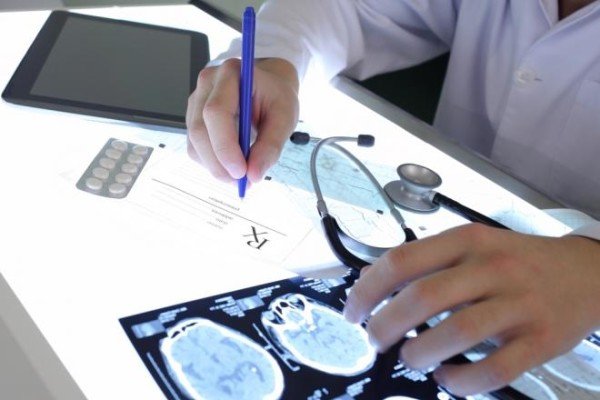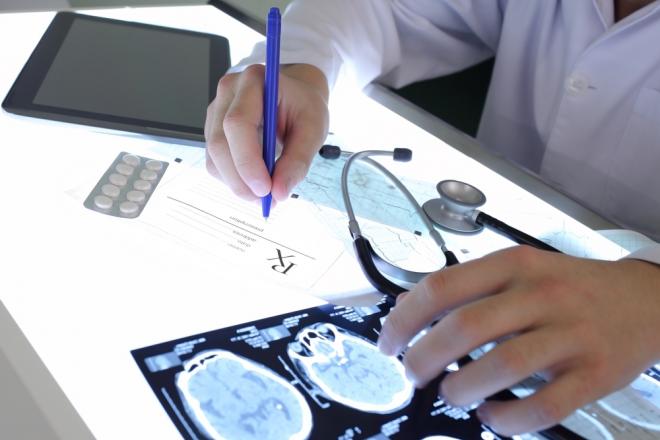Data on Solanezumab, the most promising drug in treating Alzheimer’s disease, is set to be unveiled on July 22.
Patients and scientists hope Solanezumab (Alzforum) could become the first medication to slow the pace of brain decline.
The decline in Alzheimer’s is unstoppable – drugs can help with symptoms, but nothing prevents the inexorable death of brain cells.
Hints at the drug’s effectiveness will be outlined, but Solanezumab has been the great hope of dementia research.
Eli Lilly’s drug targets deformed proteins called amyloid that build up in the brain during Alzheimer’s.
Solanezumab is thought the formation of sticky plaques of amyloid between nerve cells leads to damage and eventually brain cell death.
Trials of Solanezumab seemingly ended in failure in 2012.
When the company looked more closely at the data, there were hints it could be working for patients in the earliest stages of the disease.
Those people have continued to take the drugs and results on how they have progressed are due to be revealed later at the Alzheimer’s Association International Conference in Washington.
It is known that these drugs are not stopping, halting or curing dementia.
The closer analysis of the 2012 data showed that all patients continued their cognitive decline – but seemingly at a slower pace in those taking the drugs.
Yet developing a drug that just slows the pace of dementia would be regarded by experts as a groundbreaking moment.
Estimates suggest that delaying the onset of dementia by five years would reduce the number of cases by a third.
Data being released on July 22 could represent a step closer to that breakthrough drug, but the critical moment will be a fresh clinical trial expected to report next year.
The idea that amyloid is the main culprit in Alzheimer’s is still hotly debated so promising drug trial data would also hint that scientists are at least on the right track.
